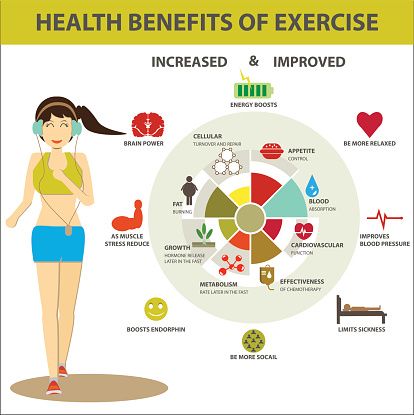Mental health is an essential part of overall well-being, yet for too long, it has been shrouded in stigma and misunderstanding. The negative stereotypes surrounding mental illness have prevented many individuals from seeking help and support when they need it the most. However, in recent years, there has been a significant push to break the stigma and raise awareness about the importance of mental health.
The Impact of Stigma
The stigma surrounding mental health can have devastating consequences for individuals and communities. It leads to discrimination, isolation, and often prevents people from seeking proper diagnosis and treatment. Individuals living with mental health conditions may face prejudice and judgment, making it challenging for them to open up about their struggles and access the support they need.
The Importance of Awareness
Increasing awareness about mental health is crucial to combatting stigma. Education plays a vital role in dispelling myths and misconceptions surrounding mental illness. When the public is well-informed, they can better understand the challenges individuals face and offer empathy and support instead of judgment.
Breaking Down Barriers
Breaking the stigma surrounding mental health requires a collective effort. It involves changing attitudes and beliefs surrounding mental illness and promoting inclusivity and acceptance. Encouraging open conversations, challenging stereotypes, and providing accurate information are powerful tools in shifting societal perceptions.
Support and Empathy
Building a supportive environment is key to promoting mental health awareness. Offering empathy and understanding makes it easier for individuals to seek help and support without the fear of judgment. Recognizing and acknowledging mental health struggles as legitimate and treatable conditions can help break down barriers and encourage people to seek treatment.
Access to Resources
One of the significant barriers to mental health support is the lack of accessible resources. Improving access to mental health services, including therapy, counseling, and medication, is crucial. Governments, healthcare systems, and communities need to invest in mental health infrastructure to ensure that everyone has access to the care they need.
Ending the Silence
Speaking openly about mental health experiences and sharing personal stories can play a significant role in breaking the stigma. By sharing their journeys, individuals can inspire others to seek help and create a sense of community where people do not feel alone in their struggles.
The Role of Media
The media has a significant influence on public opinion and can shape how mental health is perceived. It is crucial for the media to portray mental health accurately and responsibly, avoiding sensationalism and harmful stereotypes. By showcasing diverse and nuanced representations of mental illness, the media can contribute to reducing stigma.
Education and Early Intervention
Integrating mental health education into school curriculums can help foster understanding and empathy from a young age. Teaching students about mental health and providing them with coping mechanisms can empower them to look out for themselves and support their peers. Additionally, early intervention programs can identify and address mental health concerns before they escalate, reducing the impact of mental illness on individuals.
Conclusion
Breaking the stigma surrounding mental health is crucial for ensuring that individuals receive the support and care they deserve. By raising awareness, providing support, improving access to resources, and promoting empathy, we can create a society that values mental well-being. The journey towards mental health acceptance starts with each of us, and together we can create a more inclusive and compassionate world.

